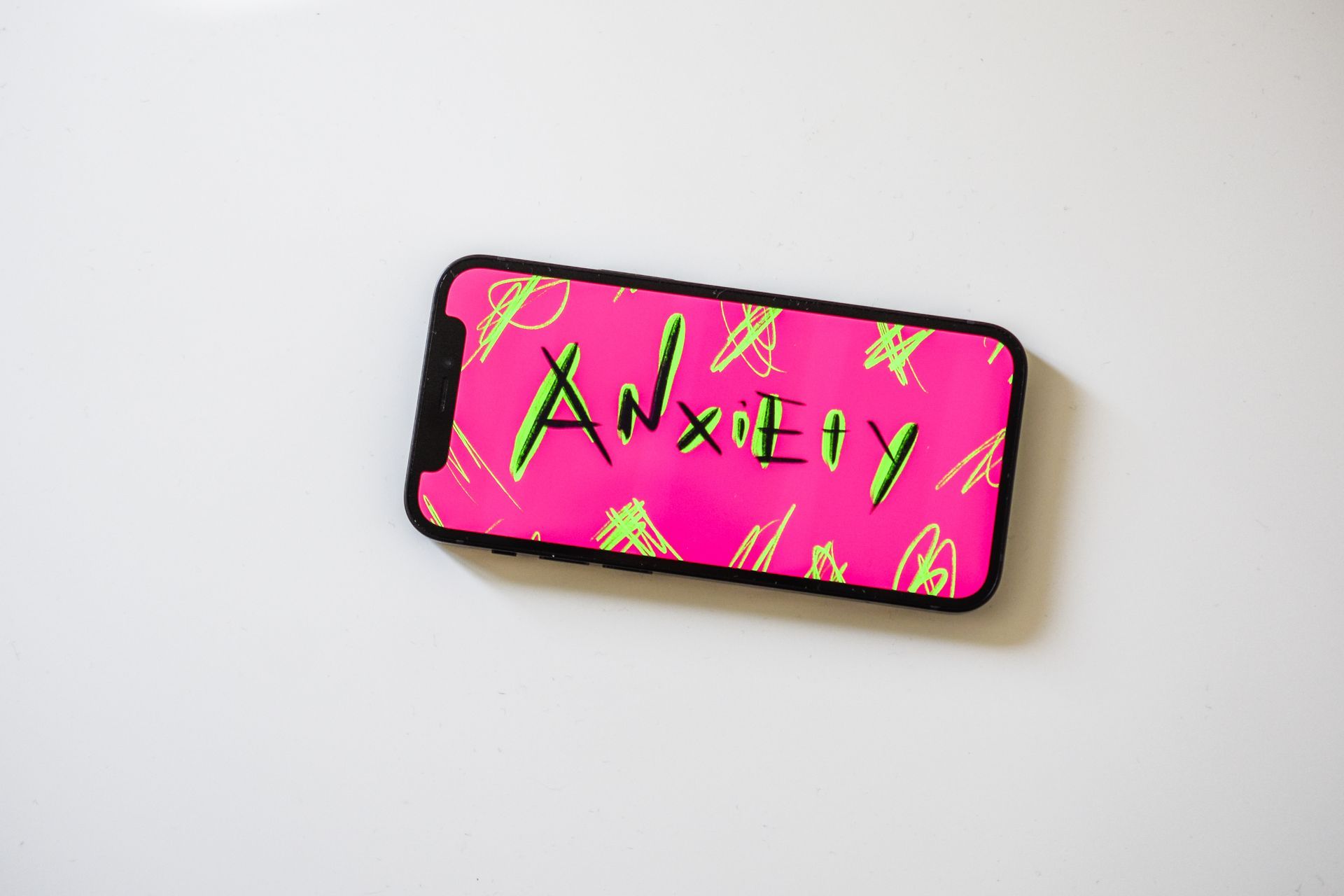I am a(n) {fill in the blank}
What are the first thing(s) that came to mind?
I bet it was NOT “cancer patient”, “cancer survivor” or “cancer victim.”
You are many things to many different persons. A partner, best friend, child, parent, grandparent, friendly neighbor, yoga teacher, colleague, confident, first love, etc. You may be an optimist, problem-solver, morning person, old soul, dreamer, artist, leader, bookworm, dog-lover, coffee aficionado, rule breaker. And so much more.
Yet, your diagnosis seems to have taken over your life and the way you see yourself.
All the roles you once fulfilled, some with much joy, others reluctantly, the tasks you completed on auto pilot, all these roles are being challenged by a diagnosis you neither asked for or expected.
You no longer have the stamina or desire to create and start questioning your “artistic self.” You suddenly feel flooded with worry (about yourself, the future, and everything you once believed in), challenging the idea of yourself as “relaxed and happy.” You don’t feel like the partner you used to be and worry about burdening your spouse. One of my clients once shared how much he struggled with not being able to show up to help by his wife and adult children:
“I used to be the problem-solver of the family. People would come to me with problems and I was able to fix them. Now I don’t feel like I can fix anything or have the strength to even listen to them. I feel weak when I used to be strong.”
Others’ reactions to the cancer diagnosis may also challenge the way you see yourself.
Whether intentionally or not, you may notice that others are more cautious around you. They offer unsolicited help or take over roles you previously endorsed. Some may stop inviting you to social events under the assumptions that you may not “feel like it” or may be too fatigued to attend. The way you love people and the way they love you in return may look different.
Who you are may even look different as your body is subjected to treatments and surgeries that leave their marks on your skin, some temporary, others more permanent.
Everything changes as cancer threatens who you once thought you were and the future you had imagined living.
You take on new roles while others seem pointless, too tiring, or overwhelming to fulfill.
It may feel like you ARE your diagnosis and everything else is out of reach.
How do you manage changes in your identity after a cancer diagnosis?
1. Recognize that things are different, that you are different
2. Discover new ways to be with yourself and others.
You are NOT your diagnosis. Yet, cancer has had an impact on your life that cannot be ignored, forcing you to rethink who you are while taking into account this uninvited guest. You have cancer AND you are a parent, spouse, best friend, teacher, boss, and so much more.
Take a piece of paper and jot down some thoughts about what it looks or feels like to be a partner, friend, problem-solver, best friend, {fill in the blank}, and have cancer. What makes you uniquely you at this time in your life?
As you read over the different roles or attributes you came up with, some may now feel a bit foreign and others may feel more meaningful than other before. For instance, you may struggle to feel like a provider as you have had to step down from your job to focus on your health. At the same time, being a parent has become a more salient component of your identity as your priorities shifted with your diagnosis.
Allow yourself to revisit ways in which you can still embody important roles in your life.
What are some new ways you have been showing up as a partner? What does it look like to be a friend despite not being able to spend time socializing outside of the house?
You may also become aware of new aspects of your identity that may not have been present before.
3. Be patient with and kind to yourself.
You may still struggle to be okay with the way cancer has impacted your identity or find that the way you think about yourself changes from one day to the next. And it is okay! Change is incredibly hard. Unexpected change even more so.
As you navigate these changes and strive to get a sense for who you are, remind yourself to be kind to yourself. We often do a better job at being kind to others, our partner, children, best friend, even strangers! Remind yourself as often as you need to extend that same kindness towards yourself.
I am
Dr. Aurelie Lucette, a clinical health psychologist who provides
individual therapy in Miami and online throughout the state of Florida. I can help with issues related to anxiety, stress, sleep, and depression. I also specialize in therapy for adults
living with cancer ,
chronic illness, chronic pain.





